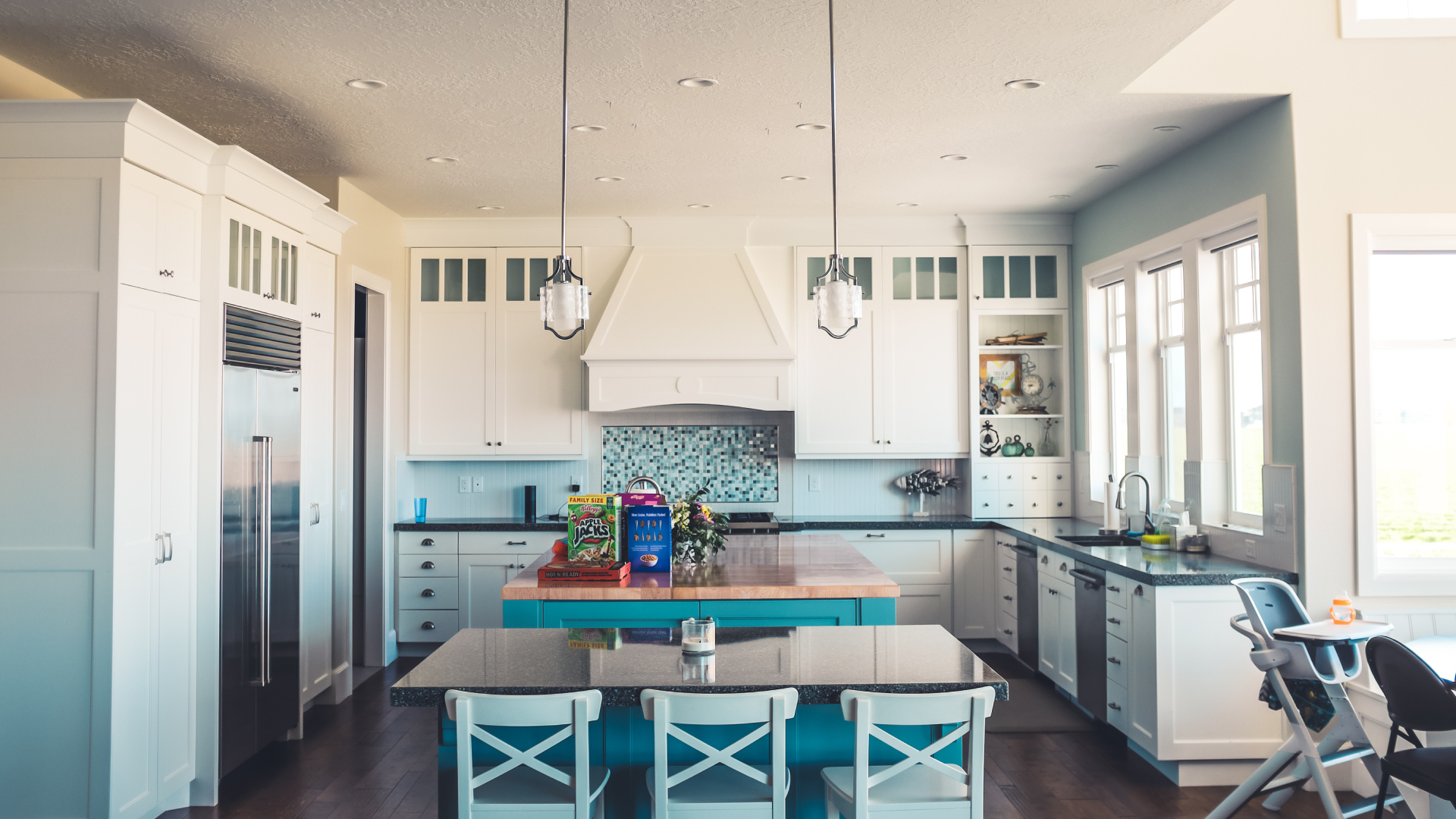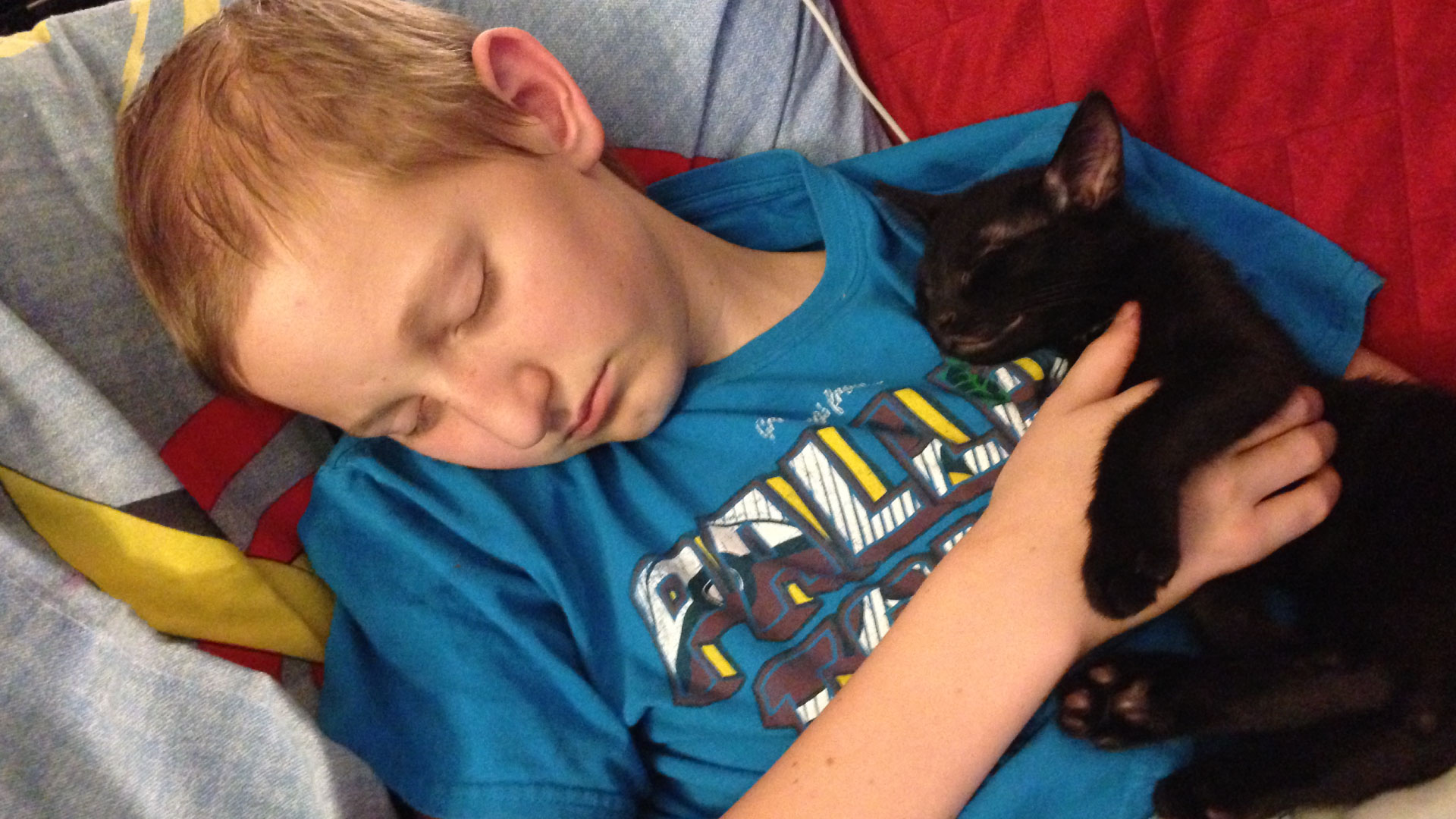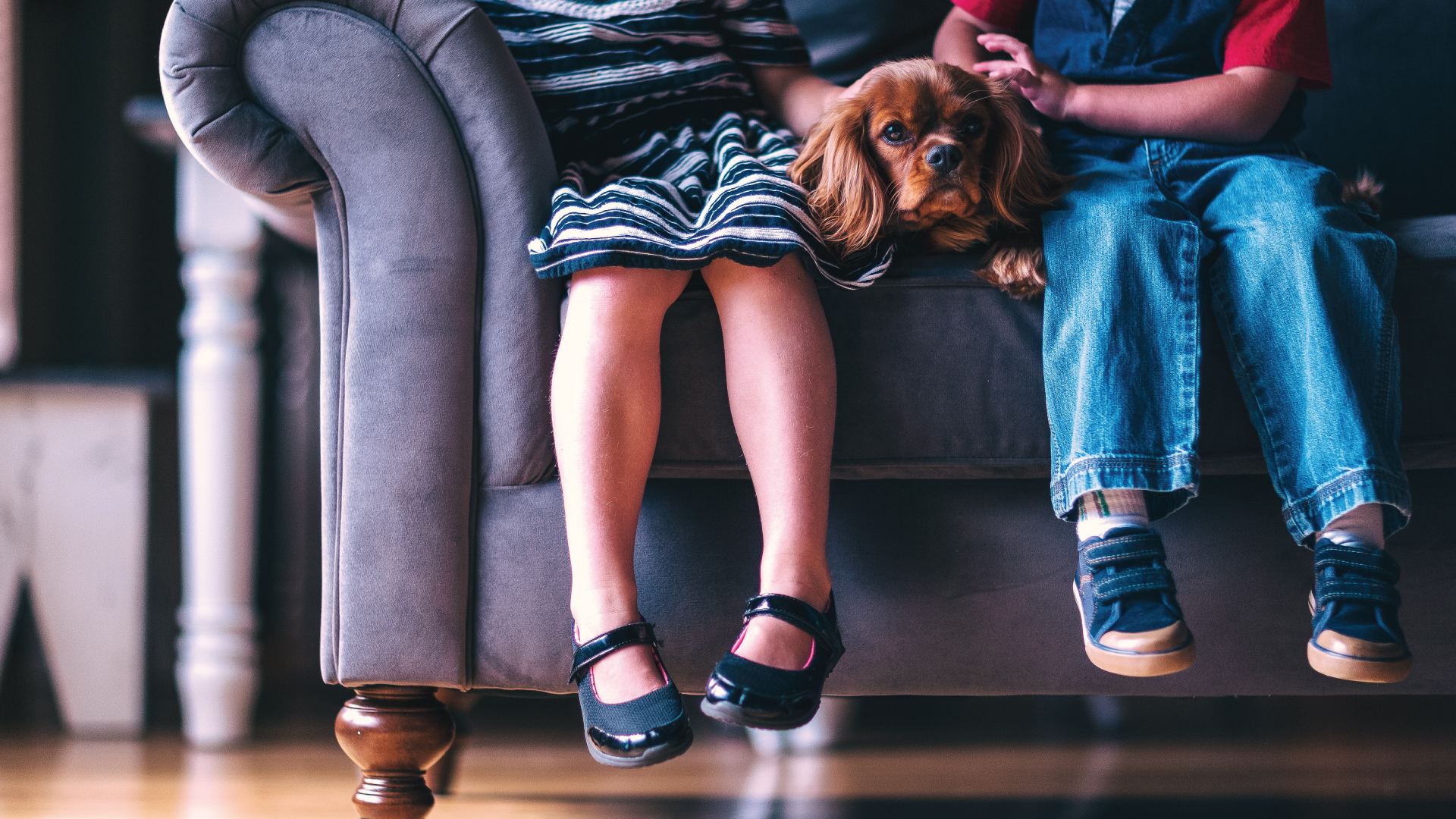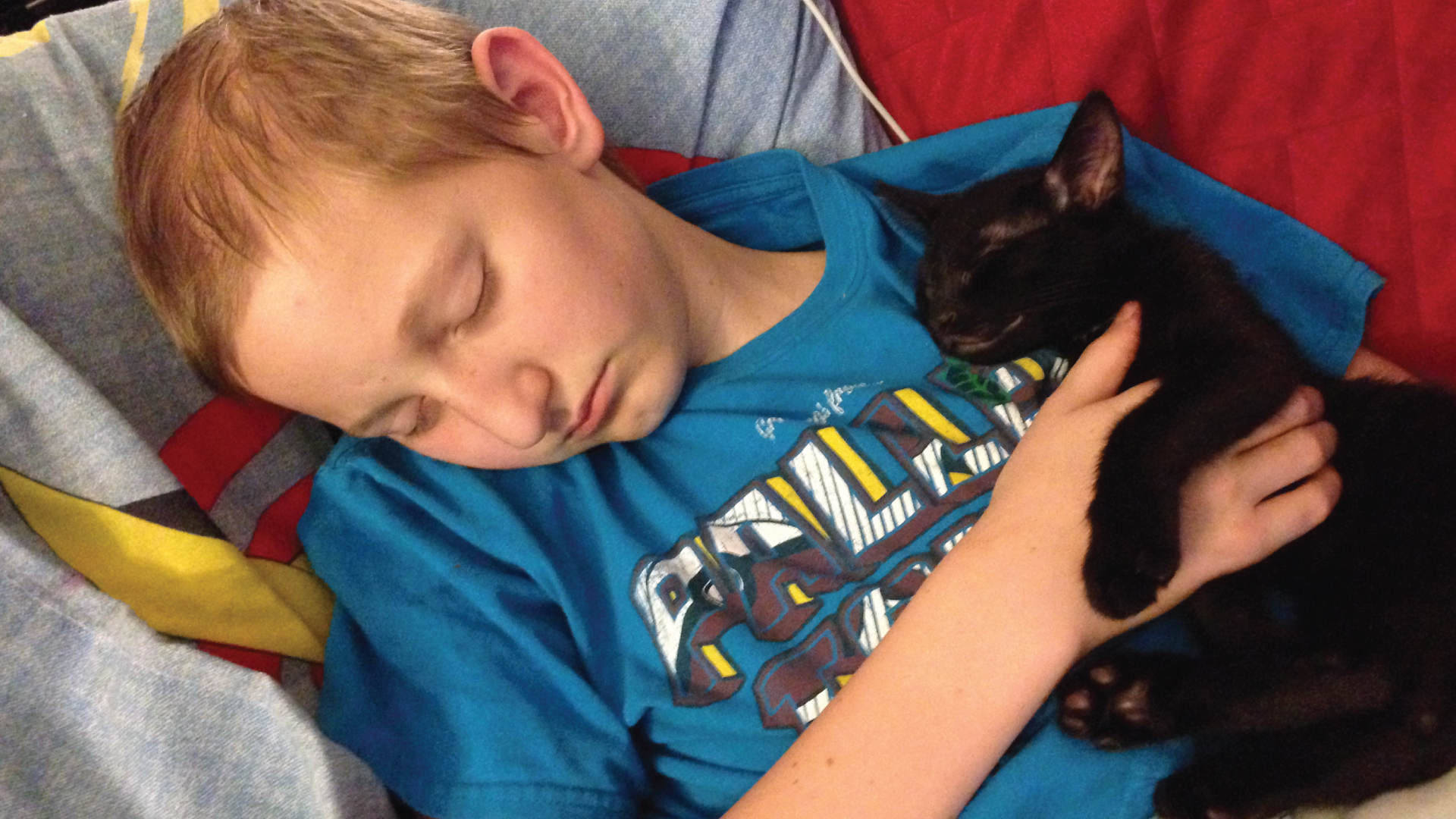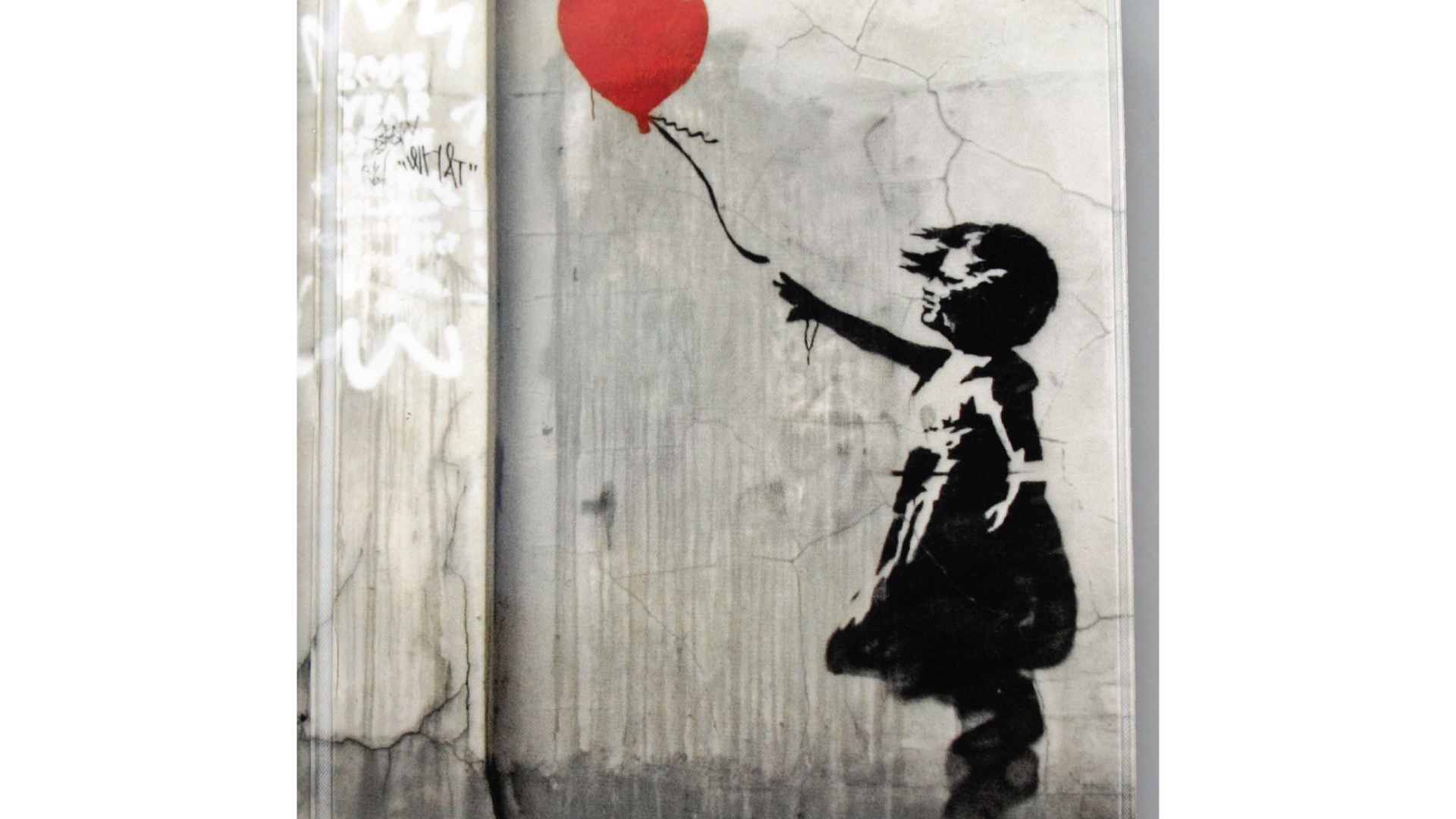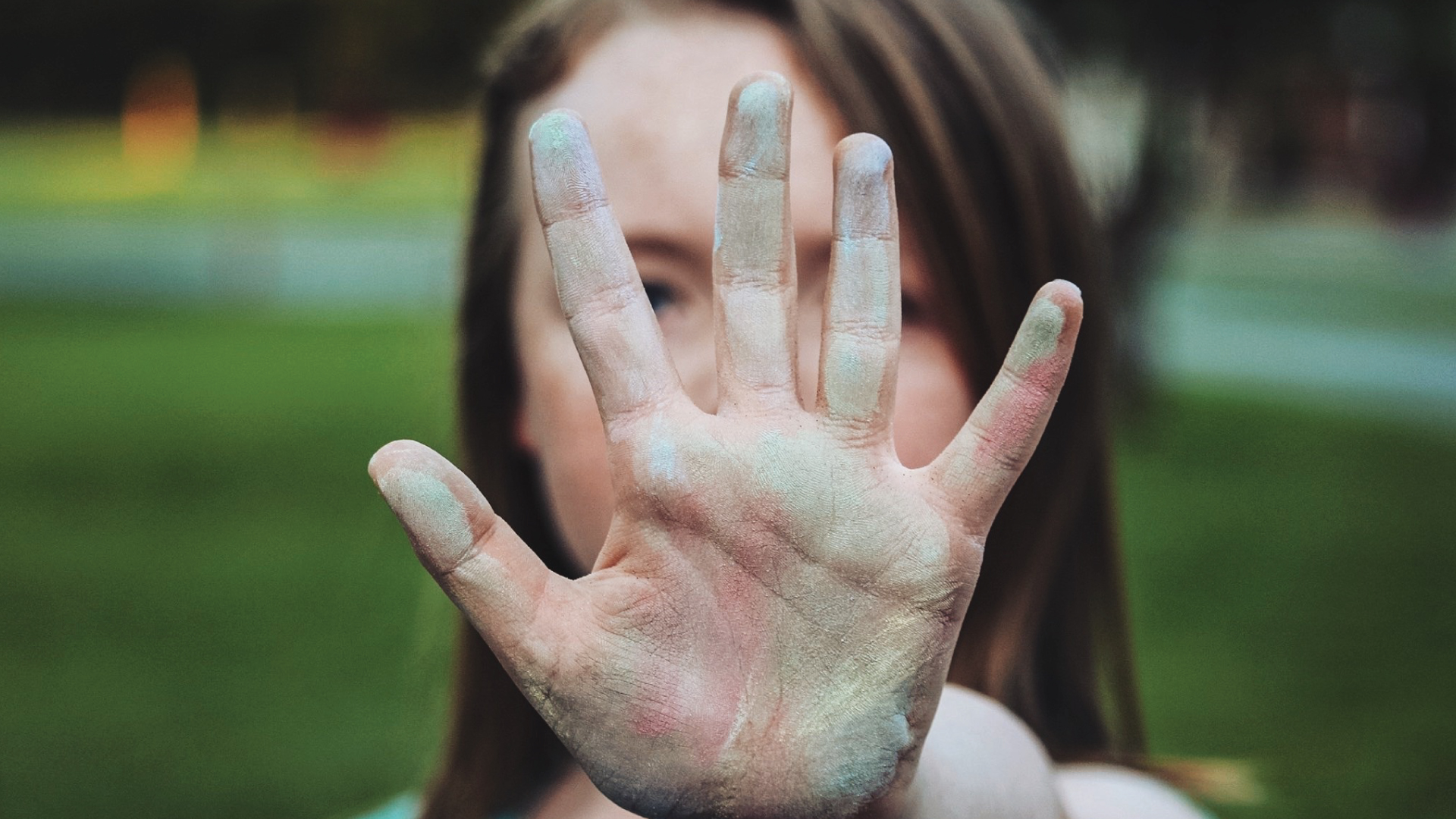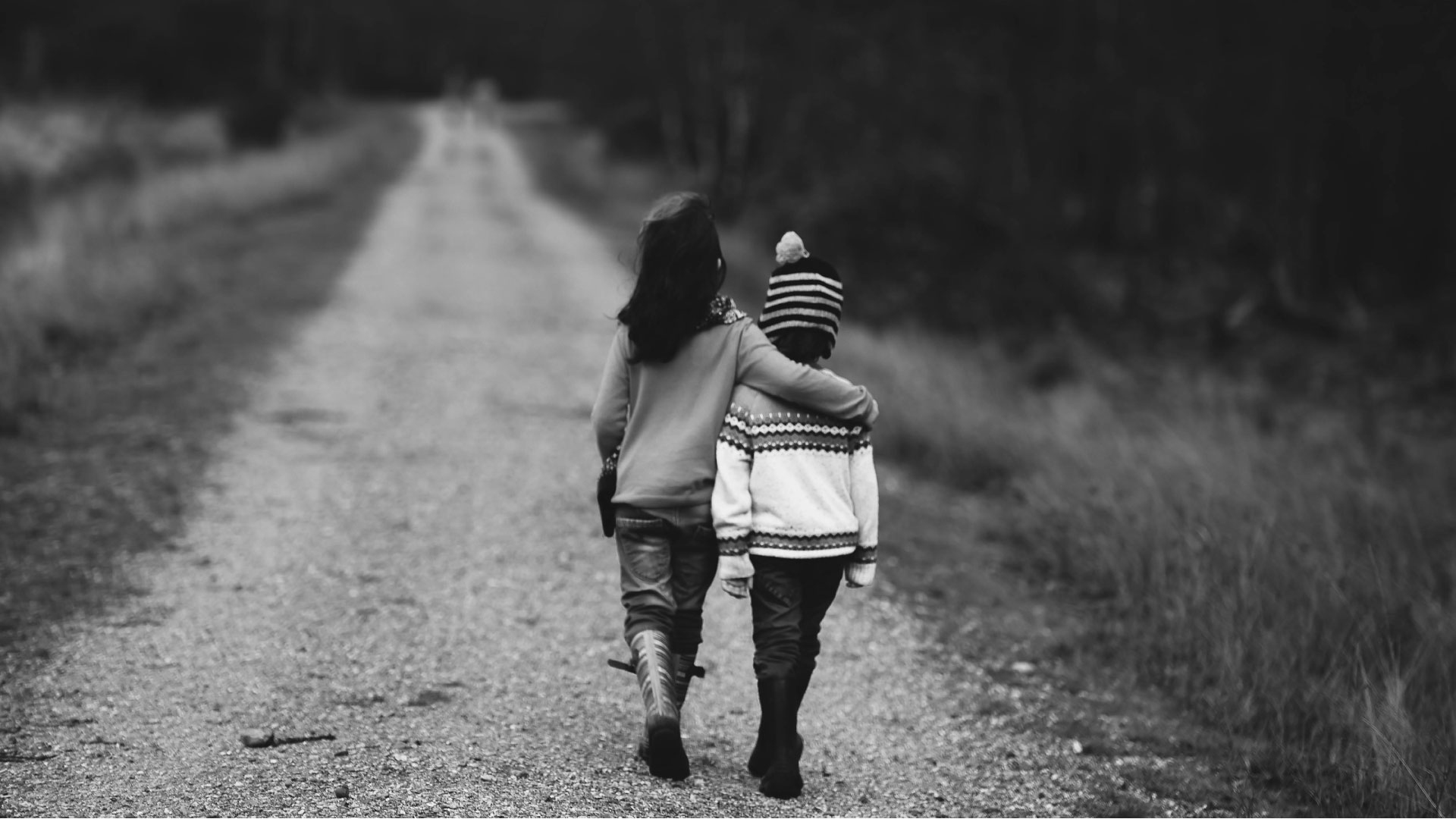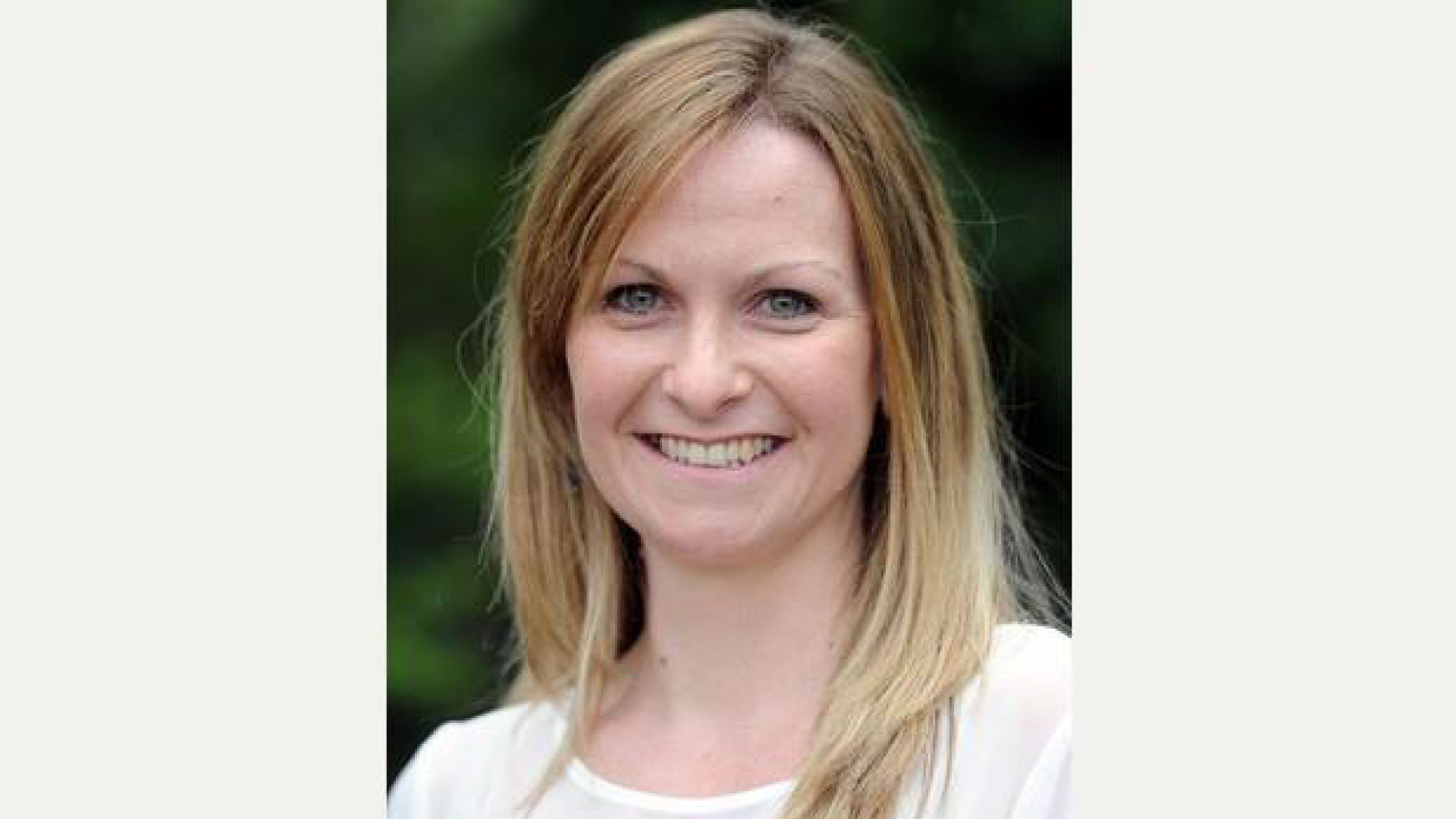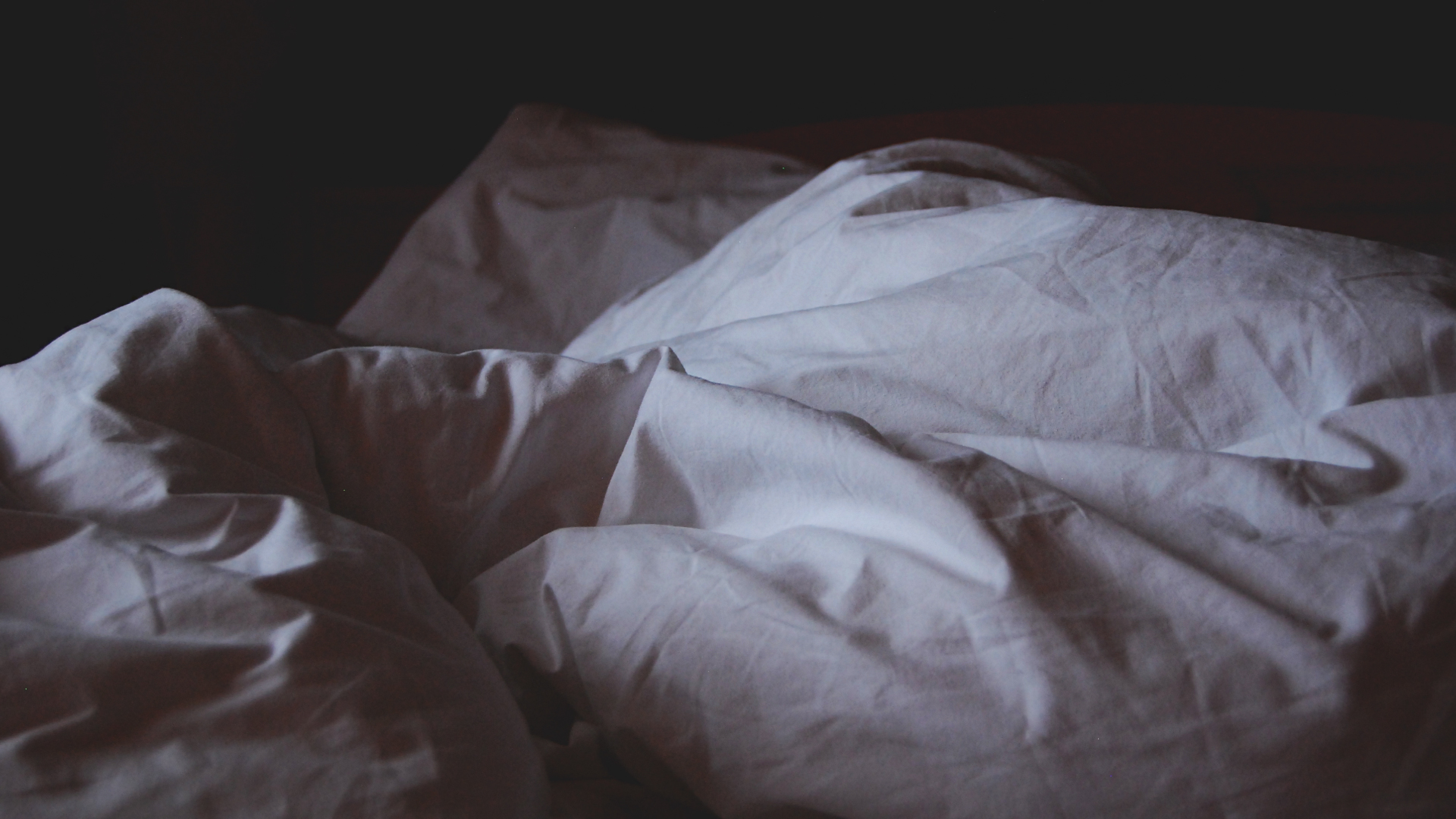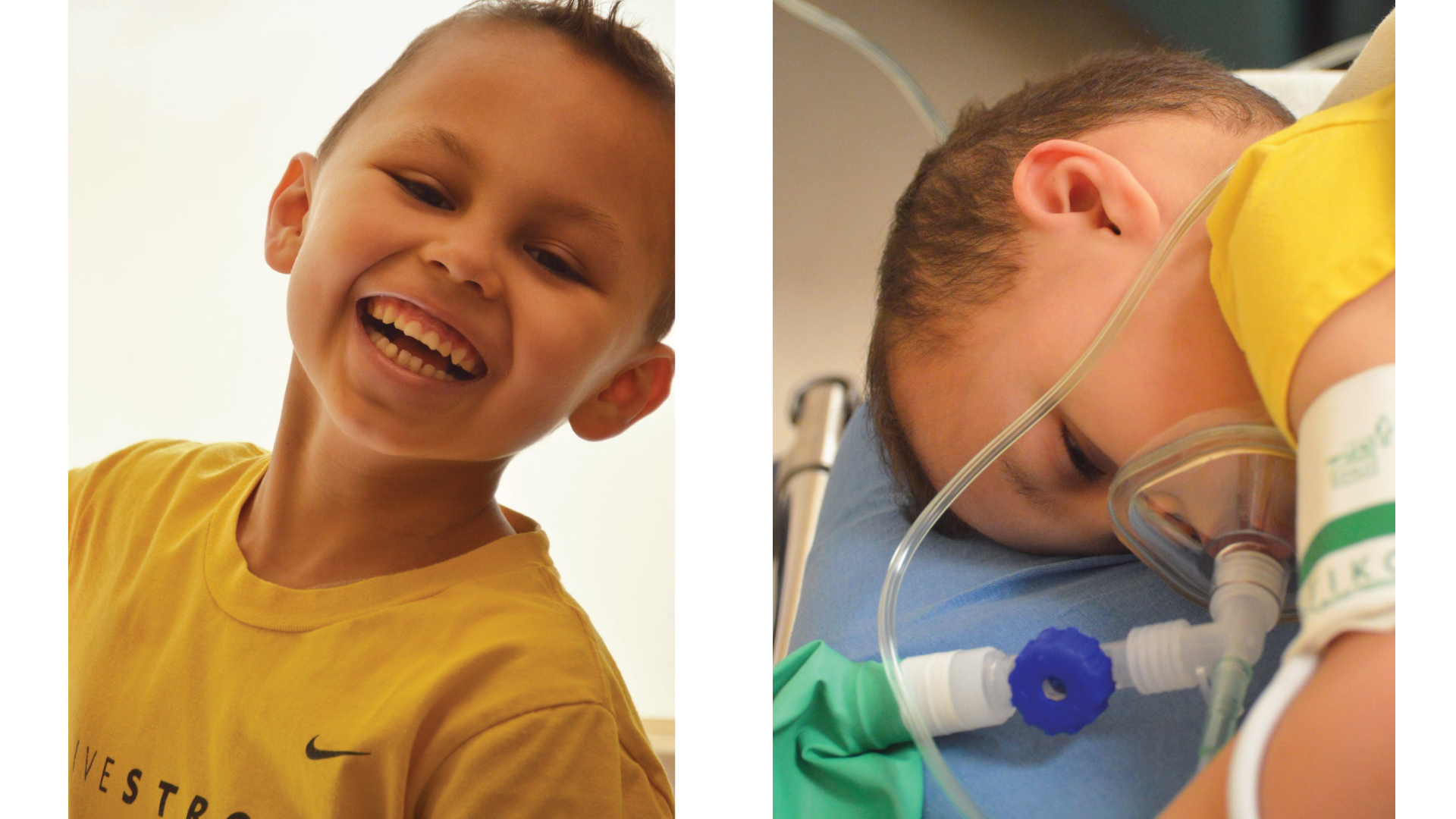Today we are continuing with one of our features, personal interviews! You can read our past interviews here. Today Lacuna Loft talks with cancer mom and caregiver, Tisha. She is a cancer mom, taking care of her young child diagnosed with leukemia.
—
Lacuna Loft: When was your child diagnosed and what was the diagnosis?
Tisha: My youngest child, Jace, was diagnosed with Acute Lymphoblastic Leukemia in January of 2013. He was 2 years old.
LL: How did you feel when your child was first diagnosed?
T: Physically, I didn’t feel much. I was going on pure adrenaline for the first 6-9 months. I knew I had to be my best in order to care for him so I did what I could do keep myself healthy.
Mentally and Emotionally it was draining. Between dealing with outside supporters, two full time jobs, our girls, family members, and my own emotions, it was a lot and definitely took its toll on my mind and heart.
LL: How did you choose to share the diagnosis with your other children?
T: On the way to the Dallas Children’s Hospital, I put in motion a team of people to take care of many things: meals, house, pets, caring bridge, and other social media communications, and a team of close friends and teachers to help with the girls. That specific team all met at the hospital that morning and brought the girls to us. We had them circle up around them as we told them. Each person was from a different part of our lives (church, schools, friends, parents) and we knew they would be able to support our girls (then 12 and 8) whenever we could not.
LL: Any words of wisdom to other young adult caregiver moms and dads out there?
T: Wherever you are, whatever you feel, let yourself be there. Don’t let others who have not walked in your shoes tell you how you should be feeling or where you should be on your journey. There’s not one emotion you could describe that would surprise me as I’ve felt them all. Sometimes you have to even be cautious of the voices you hear in the childhood cancer community, too. Surround yourself with what I call “the circle of trust” (those that you completely trust and those who allow you to be where you are). I kept my circle small and told them the REAL stuff, but for the majority of people I came up with a blank phrase that updated them on Jace but didn’t reveal too much.
LL: Who/what/where did you turn to?
T: My husband and I depended a lot on our church family. We call them family of choice as they are not true family members but we do life with them daily and they are the ones that pray for us and care for us just as family would. Had it not been for us learning the big lesson of asking for help, we would not have survived. Our marriage would not have survived if we did not have them pouring positivity into our days and nights.
LL: What (if any) additional outlets could you have used/turned to that you do not feel you had
at the time?
T: We were pretty lucky. We were both surrounded by a great church family, supportive co-workers, and some incredible doctors and nurses. Thankfully, we learned early on to reach out in when we felt we were drowning. It was a lesson we’ve learned over and over. As people, we were never intended on walking this journey alone. Thankfully, we are now part of the Children’s Hospital Family Council where we give input and help doctors and nurses make the process smoother for families and patients like Jace.
LL: What kinds of things did you do to distract yourself and your child during treatments (either
at home or at the hospital… Or both)?
T: We did A LOT. Movies, made up games, video games, paper airplanes, crafts, singing and dancing, reading, and board games. Being in isolation is a very difficult thing and in fact, isolates you not only physically away from the germs but isolates you emotionally from people in general. That is a hard thing to get used to when everyone you know is out having fun. One of Jace’s favorite things was building a blanket fort and just resting with his iPad. It made him feel like he was in a different place most times.
LL: Could you describe how sharing your story has affected your journey with Cancer?
T: Sharing our story has empowered me and I think it has done the same for our family. I know many times other cancer parents shy away from being so vocal and outgoing about their journey, but because I’m a people person and a writer by nature, blogging about our experiences and being able to give those on the outside a glimpse of what life was like inside the arena really did educate many of our supporters. It made them understand some of the specifics on his treatment and helped them know how to help in real ways.
LL: Where are you now in your journey with Cancer?
T: Jace has been off treatment since May of 2016! He still visits his Dr monthly for checkups and blood draws so they can ensure he is continuing to heal. He is having a great time in 1st grade and will be in the Children’s Hospital of Dallas’ Christmas Parade this weekend!
LL: What do you like to do in your spare time?
T: I love to read, write, play the piano, cheer on our favorite football teams and spend time doing anything with family.
LL: What “words of wisdom” and/or advice would you give any young adult caregivers?
T: Take care of you. It’s easy to forget about yourself while trying to help your child survive and watching them go through some horrific days of treatment. Have someone close to you keep you accountable, someone that is going to come in the area and help you up when you fall. If we do not take care of us, we will never be able to fully take care of those we love the most.
Photos by Dani Welch Photography.
Thank you for sharing your story with us, Tisha!
Are you a young adult cancer survivor or caregiver? Interested in being interviewed by Lacuna Loft? Let us know! We’d love to hear from you!


